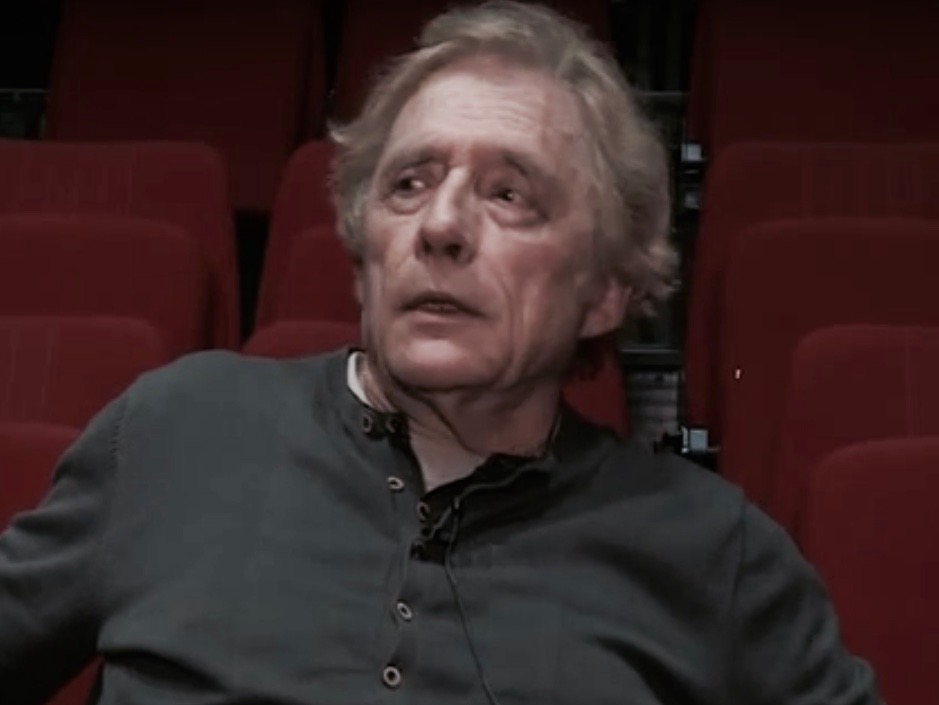|
Philippe Adrien
Philippe Adrien (19 December 1939 – 15 September 2021) was a French stage director, actor and playwright. He was associated with the La Tempete company in Paris. Actor Adrien appeared in the 1959 war film, ''Green Harvest''. Playwright Adrien began to write plays in the late 1960s. In 1967, ''La Baye'' was staged by Antoine Bourseiller, featuring Jean-Pierre Léaud and Suzanne Flon. It was staged again in 1997 by Laurent Pelly. ''La Baye'' had elements of disorder which would be reflected in Adrien's later work. Adrien's play, ''Le Défi de Molière'' (1979) was dedicated to Moliere. Adrien has co-written two plays with Jean-Louis Bauer. The first, ''Bug!'' creates a dream-journey through memory, current scientific and artistic issues, to provide an overview of civilization. The second, ''La Grande Nouvelle'', is a contemporary variation on ''Le Malade imaginaire'', which plays on the ironies of the present-day desire for immortality. Director Adrien's directorial car ... [...More Info...] [...Related Items...] OR: [Wikipedia] [Google] [Baidu] |
Philippe Adrien
Philippe Adrien (19 December 1939 – 15 September 2021) was a French stage director, actor and playwright. He was associated with the La Tempete company in Paris. Actor Adrien appeared in the 1959 war film, ''Green Harvest''. Playwright Adrien began to write plays in the late 1960s. In 1967, ''La Baye'' was staged by Antoine Bourseiller, featuring Jean-Pierre Léaud and Suzanne Flon. It was staged again in 1997 by Laurent Pelly. ''La Baye'' had elements of disorder which would be reflected in Adrien's later work. Adrien's play, ''Le Défi de Molière'' (1979) was dedicated to Moliere. Adrien has co-written two plays with Jean-Louis Bauer. The first, ''Bug!'' creates a dream-journey through memory, current scientific and artistic issues, to provide an overview of civilization. The second, ''La Grande Nouvelle'', is a contemporary variation on ''Le Malade imaginaire'', which plays on the ironies of the present-day desire for immortality. Director Adrien's directorial car ... [...More Info...] [...Related Items...] OR: [Wikipedia] [Google] [Baidu] |
